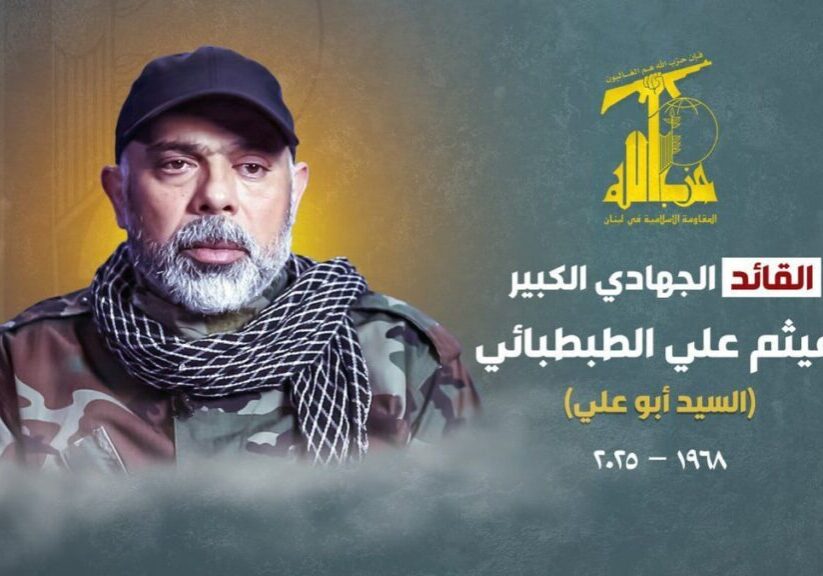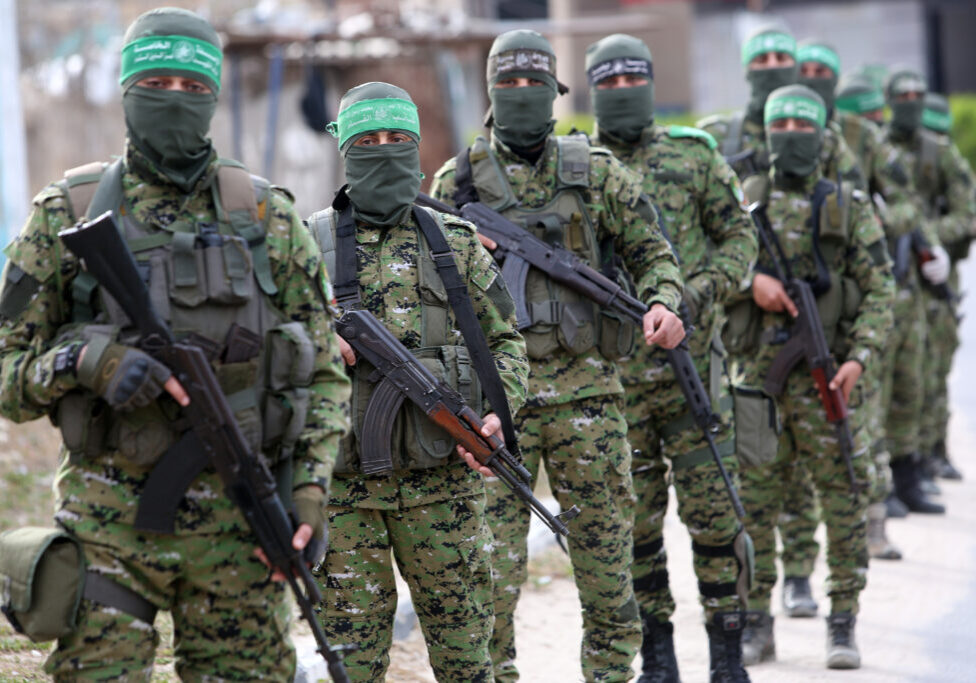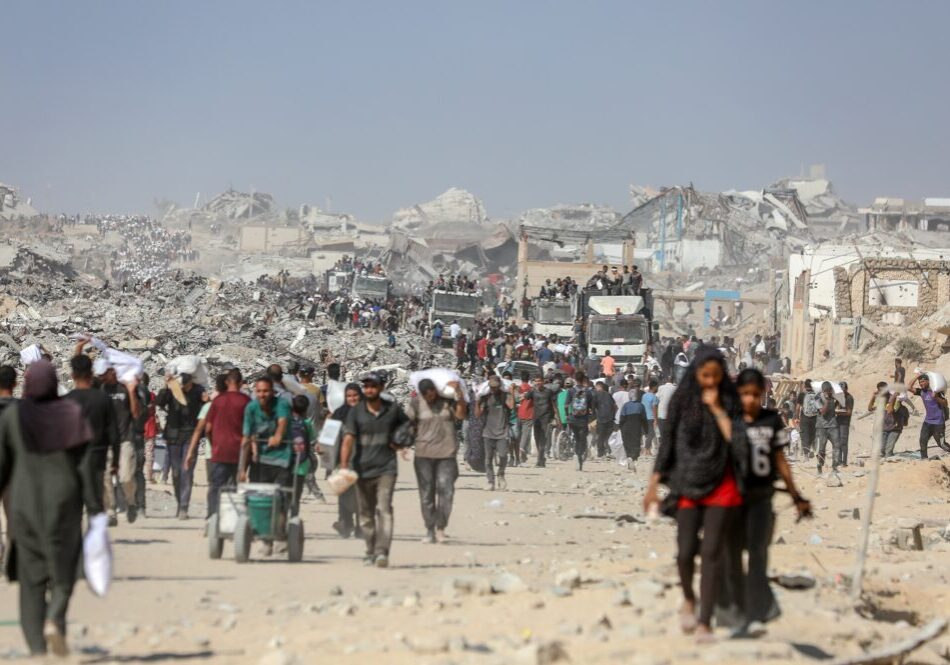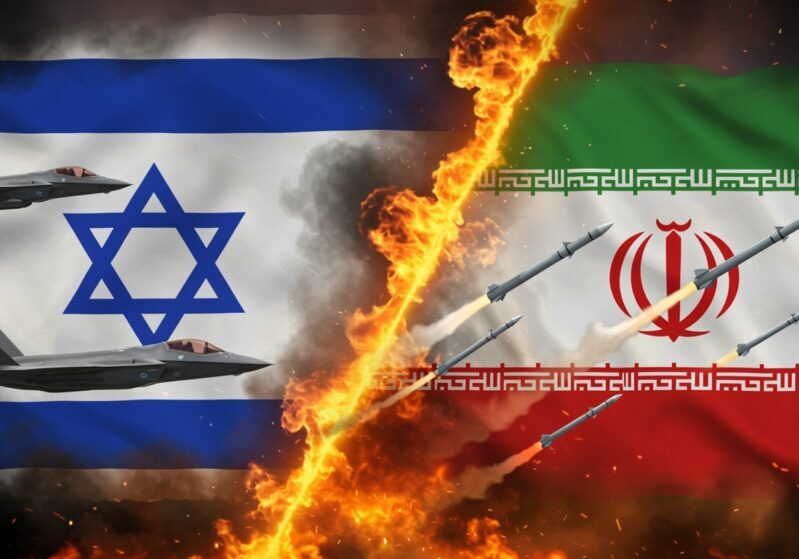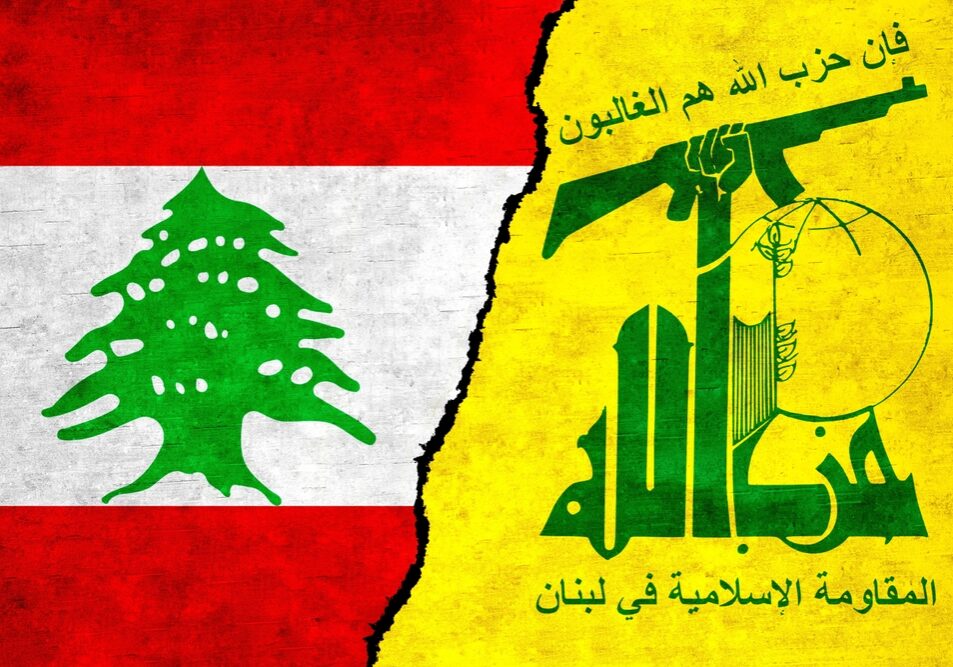Australia/Israel Review
Does Hezbollah’s election setback matter?
Jun 3, 2022 | Lazar Berman
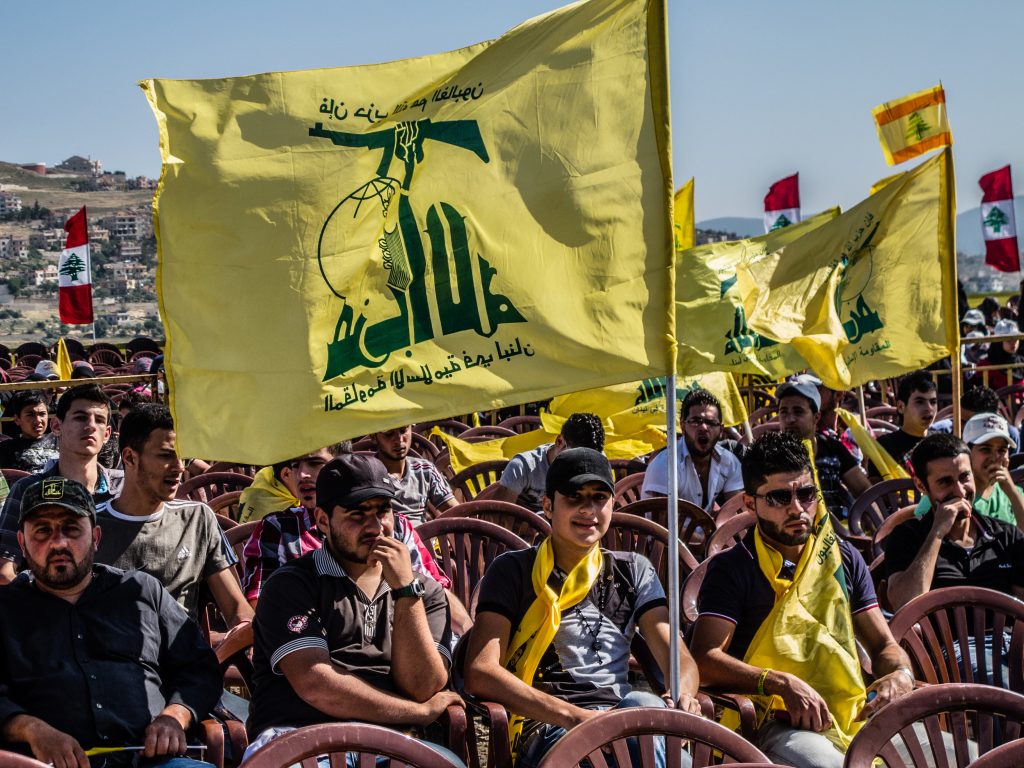
When results from Lebanon’s May 15 parliamentary election started coming out, headlines made it seem like the outcome was a win for Hezbollah’s opponents in Lebanon, the region, and of course, for Israel.
There is no question that Hezbollah’s Christian and Druze allies lost seats, while the firmly anti-Hezbollah, anti-Syrian Lebanese Forces party will become the largest Christian group in Parliament. An impressive showing by several independent reform candidates also indicates a public desire to do away with the corrupt leaders that have run the country into the ground.
But any expectations that the country has managed to turn itself around, or that the Hezbollah threat to Israel is going to be reduced, is “some wishful thinking,” said Jacques Neriah, Middle East analyst at the Jerusalem Centre for Public Affairs.
“The final picture of what we see today is the quagmire of Lebanon,” Neriah continued. “There is no possibility of reform. There is no possibility of change in the political system. We are stuck in paralysis and stagnation.”
The election comes after years of turmoil in Lebanon, which has in recent years defaulted on its debt and seen the Lebanese pound lose 95% of its value.
It has also been traumatised by the devastating explosion, where ammonium nitrate improperly stored in a Beirut port warehouse caught fire and exploded, killing more than 200 people and injuring thousands more.
Political leaders have succeeded in obstructing investigations into the 2020 blast, and two of the main suspects even looked to have secured re-election in the May 15 polls.
After the elections, Lebanon is no better situated to cope with the deep dysfunction at the heart of its governing system.
“The Republic of Lebanon is a destroyed state,” said Amos Gilad, Executive Director of the Institute for Policy and Strategy at Herzliya’s Reichman University. “The Government is paralysed, the state is corrupt. And these elections don’t help in any way.”
“No one can affect any change in that country, which is suffering from a terminal disease,” he said.
With the Hezbollah bloc and its rivals splitting Parliament fairly evenly, the next major political decision for the country won’t come easy. Eighty-eight-year-old President Michel Aoun, a Hezbollah ally, steps down in October, and Parliament will be tasked with choosing his replacement, who by convention must be a Maronite Christian. Aoun wants his corrupt son-in-law Gebran Bassil to succeed him, but he is personally unpopular and has lost Hezbollah’s support.
“This Parliament will not be able to vote for a president,” predicted Neriah.
While the ongoing dysfunction makes it impossible for ordinary citizens to return to some sort of normalcy, it won’t get in the way of Hezbollah’s continued military build-up.
“No one is going to take Hezbollah’s weapons, that’s not on the agenda at all,” stressed the Mitvim Institute’s Michael Harari, Israel’s former ambassador to Cyprus.
The worst-case domestic scenario for Hezbollah after Sunday’s voting is that it loses its majority in Parliament. “That would mean the political game is harder for Hezbollah,” said Harari.
But that’s about the extent of the potential bad news for Nasrallah.
“There is no trend of significant weakening of Hezbollah or disarmament,” Harari explained.
What’s more, Lebanon’s political and economic morass offers plenty of opportunity for Hezbollah.
“Between Beirut and the border there are 150,000 rockets, and the one that operates them is Nasrallah,” said Gilad. “Hezbollah is the only actor that is organised there.”
Nasrallah knows that his organisation will be fine whatever the final outcome is. Just before the elections, he felt confident enough to threaten Israel’s gas exploration in the disputed Karish gas field.
“The elections don’t solve it,” Gilad said. “The results are such that it’s either Hezbollah will lead, or it will take advantage of this crisis in order to grow stronger.”


